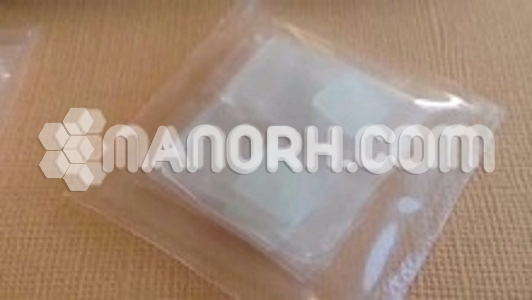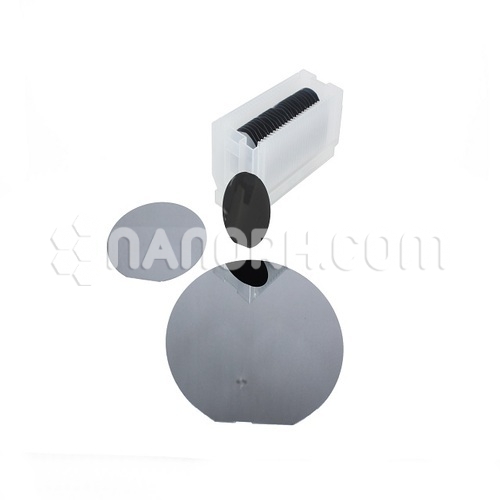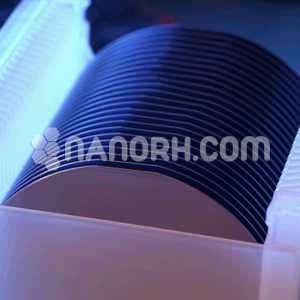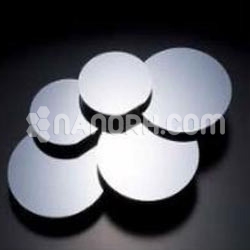| Magnesium Aluminium Oxide Single Crystal Substrate | |
| Product No | NRE-45011 |
| CAS | 12068-51-8 |
| Purity | >99.9% |
| Length | 10 |
| Width | 10 |
| Structure | NA |
| Color | NA |
| Thickness | 0.5 mm |
| Polished | Both Side Polished |
| Boiling Point | NA |
Magnesium Aluminium Oxide Single Crystal Substrate
Introduction:
Magnesium aluminum oxide (MAO), often referred to as spinel, is a versatile single crystal substrate used in various fields of materials science, particularly in the growth of thin films and advanced materials. Its unique crystal structure and excellent physical properties make it a popular choice for applications in optics, electronics, and catalysis.
Properties:
Crystal Structure: MAO has a spinel structure (MgAl₂O₄), which provides good mechanical strength and thermal stability.
Lattice Parameters: The lattice constant of MAO is about 8.08 Å, making it compatible with a range of oxide materials for epitaxial growth.
High Thermal Stability: MAO can withstand high temperatures, making it suitable for various deposition techniques, including molecular beam epitaxy (MBE) and pulsed laser deposition (PLD).
Optical Transparency: MAO exhibits good optical properties, including high transparency in the visible to infrared range, which is beneficial for photonic applications.
Chemical Inertness: The substrate is chemically stable and resistant to corrosion, which helps maintain the integrity of the films deposited on it.
Applications
Thin Film Growth: MAO is used extensively for the epitaxial growth of thin films, particularly in oxide materials like ferrites, piezoelectrics, and superconductors.
Optoelectronics: Due to its optical properties, MAO is applied in the development of optoelectronic devices, including lasers and light-emitting diodes (LEDs).
Photonic Devices: MAO substrates are utilized in photonic applications where high-quality thin films are essential for the performance of devices like waveguides and filters.
Catalysis: The substrate’s stability and high surface area make it useful in catalytic applications, particularly in heterogeneous catalysis for various chemical reactions.
Research and Development: MAO is commonly used in research settings for the study of quantum materials, ferroelectrics, and other complex oxide systems, contributing to advancements in fundamental science.




